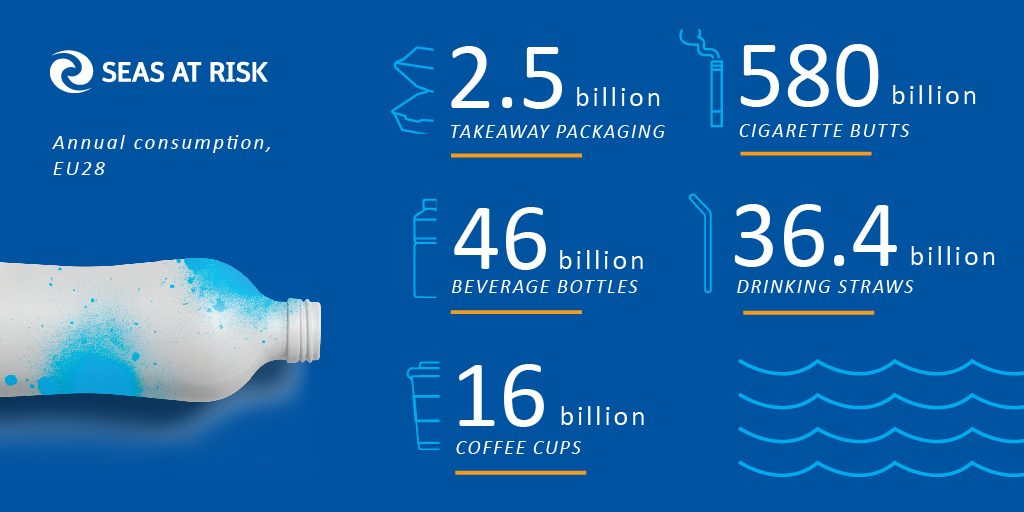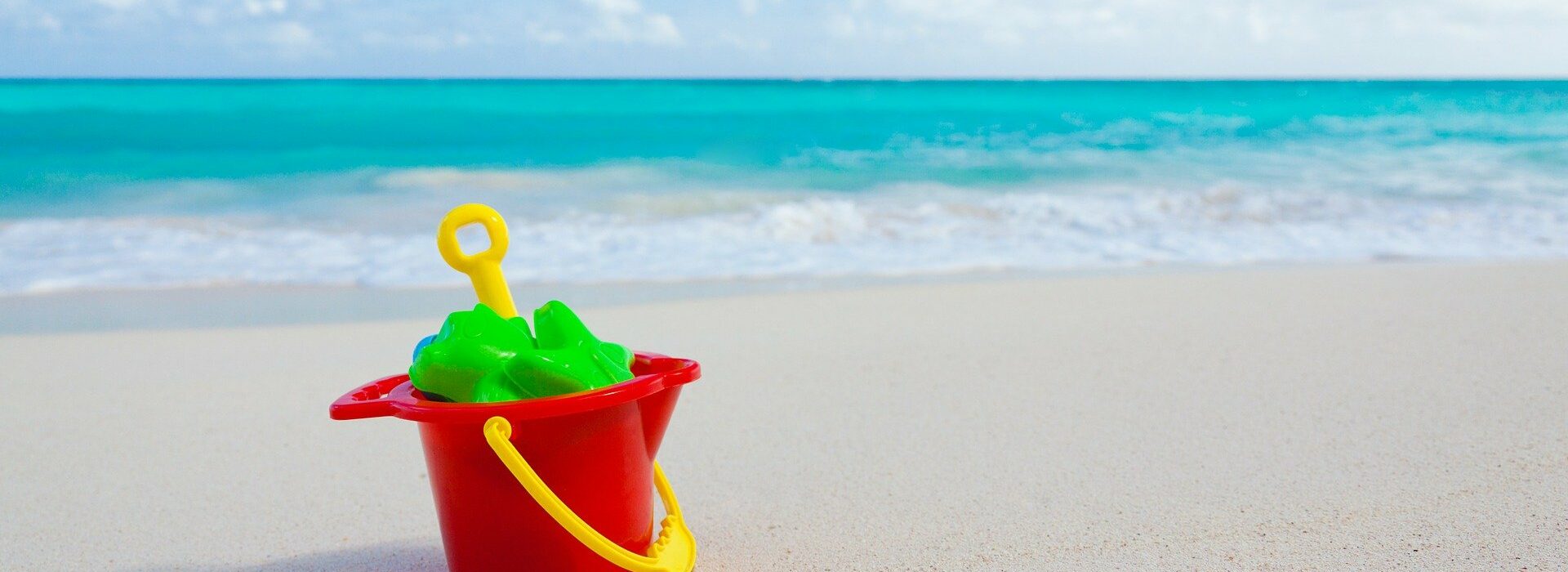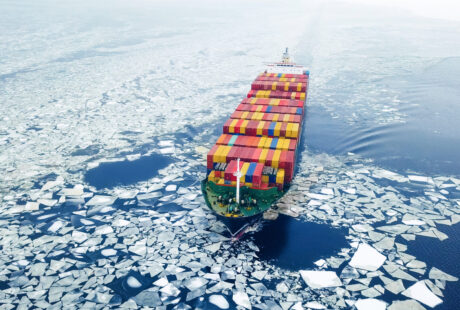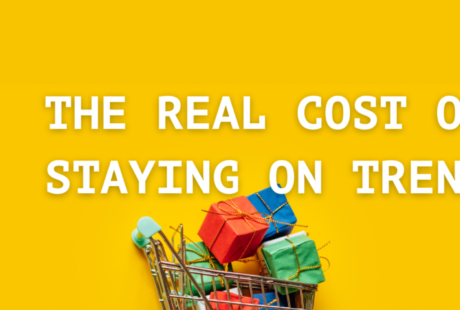In an unprecedented move to tackle marine litter, the European Commission launched the long-awaited proposal for legislation to reduce the flow of single use plastics and fishing gear into the seas. The initiative focuses on the 10 most commonly found single use plastics and fishing gear, which together represent around 70% of marine litter found on Europe’s beaches.

The Commission proposes to ban some of the most polluting items such as cotton bud sticks, cutlery, plates, stirrers, straws and balloon sticks. Importantly, the proposal also includes measures to reduce lost and abandoned fishing gear. This represents about 27% of marine litter found on European beaches and also causes serious harm to marine animals.
‘This proposal to ban plastic straws, cutlery and to reduce the other items most commonly polluting our beaches is a real victory for the oceans, says Emma Priestland, marine litter policy officer at Seas At Risk. Our studies have estimated that at least 36 billion straws are used in Europe every year, it’s no wonder that so many become plastic pollution. Now Europe can move towards a more common sense use of plastic, and stop single-use disposable items that have no real place in a society that values marine life.’
For fishing gear containing plastic, food containers, cups and their lids, the Commission proposes that dedicated extended producer responsibility (EPR) schemes be developed. The member states will have to ensure that the producers of these plastic items cover the costs of the collection, transport and end-of-life treatment. Producers will also be obliged to bear the cost of cleaning up litter and of public awareness raising activities. Extended producer responsibility for these single use plastic items and fishing gear will mean that producers can no longer put plastic products on the market without any consideration for their devastating effects on marine life.
Other proposed measures are deposit-refund schemes or separate collection targets for beverage bottles, awareness raising campaigns for consumers of certain single use plastic items, labelling requirements and product requirements to avoid littering.
The proposed legislation fails to set specific EU-wide reduction targets for food containers and beverage cups, only promising to look into it six years after the transposition into national law (circa 2027). We call on the European Parliament and EU Ministers to put in place such targets and set a shorter review period to ensure an effective and swift move beyond single-use plastics.
Seas At Risk, as one of the eight NGOs within the Rethink Plastic Alliance, will work to ensure that the proposal leads to a strong legislation towards ending plastic pollution in Europe.
Read the Rethink Plastic’s press release here.
Posted on: 28 May 2018


